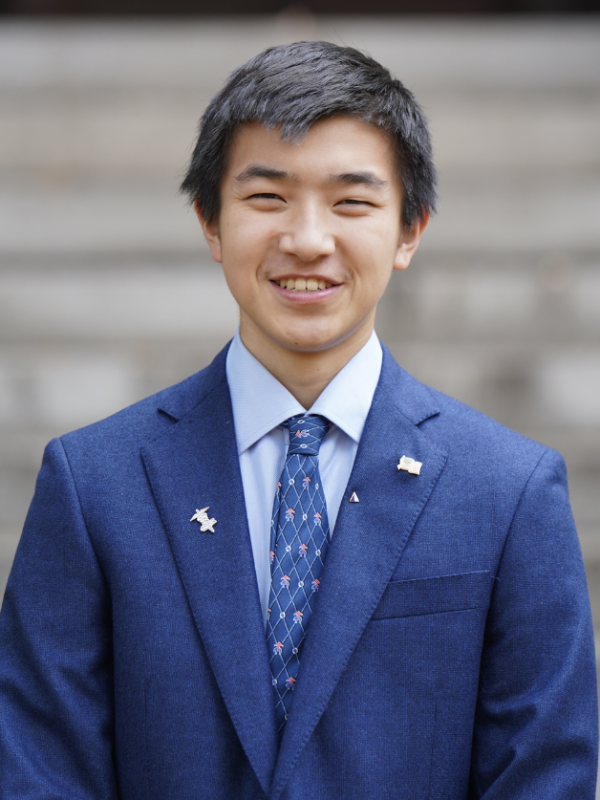
Machine learning for cancer research
Interested in applying machine/deep learning for cancer research? We are looking for a part time computational research assistant/programmer to join our lab for an hourly paid position. Ideal for MS students or BS CIS/engineering students in their final year, who want to use their comp skills to make discoveries.

Cell Death, Extracellular Biology and Autoimmune Diseases
We are studying cellular mechanisms of extracellular vesicle generation from different cell types, and formation of neutrophil extracellular traps, and their pathological involvement in autoimmune diseases.
Cell biology of neurological and metabolic diseases
Research opportunity in the Lorenzo Lab (www.lorenzolab.org)
Epigenetics of Pre & Perinatal Brain Injury
The Cristancho Lab is interested in understanding the epigenetic mechanisms driving long-term neurodevelopmental disabilities from acquired prenatal and perinatal brain injury.
Investigating the Role of Retrotransposon Reactivation in Development and Disease
Maybe not "Junk DNA" after all: more 50% of our genome is made up of ancient retroviruses and mobile DNA while protein coding genes only make up 2%, which begs the question "Do they do anything?" and if so, what?
Modzelewski, Andrew
Biomedical ScienceBiomedical Sciences
- Previous page
- Page 13
- Next page
